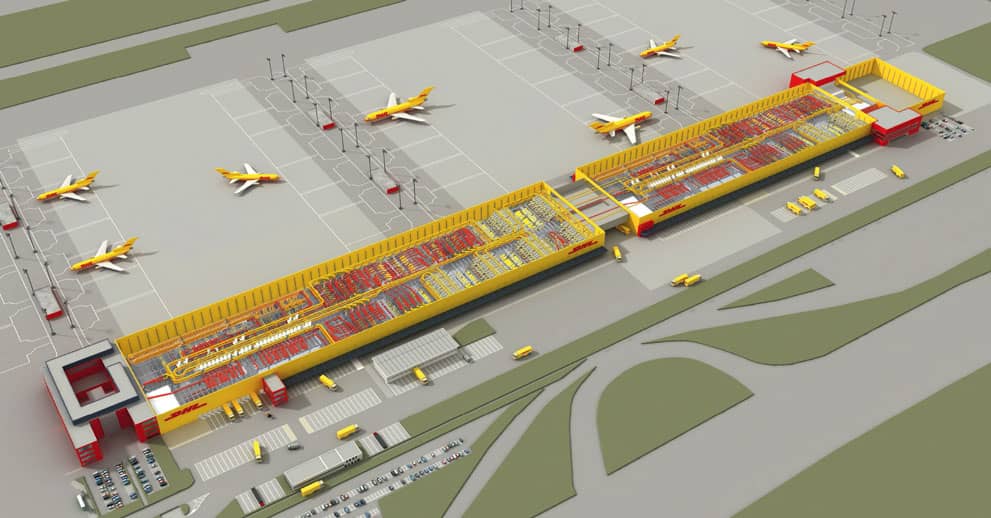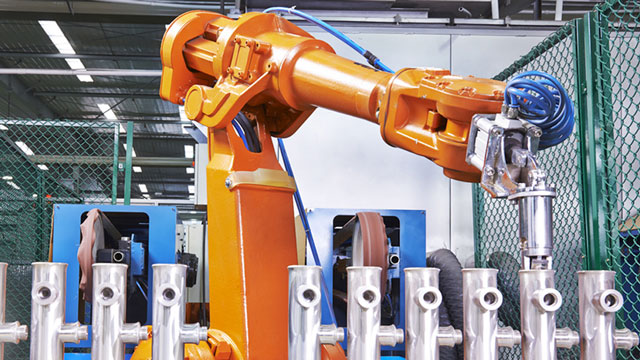In 2020, the pandemic crunched global supply chains. Air and sea freight vanished, leaving businesses scrambling for supplies. Here in Nigeria, this crisis is said to have cost the supply chain industry in Nigeria $350 million weekly — a real gut punch.
Here's the good news: you can fortify your business with a resilient supply chain. Think of it like a suit of armour for your operations. No disruption can stop you!
What's a Resilient Supply Chain?
Imagine that perfect pot of jollof rice – a true Nigerian masterpiece. That dish travels a long road, from farms to processors to restaurants. Every step, from tomatoes to spices, relies on a smooth-running network. Now, picture a power outage hitting the processor, halting rice production. Disaster! Restaurants run out, customers are bummed, and everyone loses money. That's the risk with a weak supply chain.
A resilient supply chain, however, dodges that bullet. It identifies risks, plans for them, and keeps the jollof flowing. Think of it as the ability to take a punch and keep going. Businesses with resilient chains can adapt to disruptions, find new suppliers, and avoid getting squeezed by inflation and a shaky Naira.
Why Build a Resilient Supply Chain?
It's not a maybe anymore, it's a must-have. Look at what happened with Brexit – UK manufacturers relying on EU suppliers got slammed. Same with the US-China trade war. These disruptions hit Nigerian businesses hard too. Building resilience gives you an edge. You can adapt to anything, find new opportunities, and outperform the competition. Plus, it protects your profits. Imagine saving 10% of your annual revenue by avoiding disruptions – that's real money!
And let's not forget happy customers. A study shows that 73% of people ditch brands with bad delivery experiences. A resilient supply chain means on-time deliveries and satisfied customers, which equals growth for your business.

Why is it important to build a resilient supply chain?
Globally, building a resilient supply chain is no longer optional, it has become a strategic imperative for businesses. Geopolitical events like Brexit have profoundly impacted supply chains, particularly for UK manufacturers with close ties to EU-based suppliers. Similarly, the U.S.-China trade war has forced manufacturers to diversify their sourcing strategies to mitigate risks associated with tariffs and trade barriers. This has introduced significant uncertainty into global markets, including Nigeria’s. These uncertainties, from trade wars, political tensions, and economic fluctuations, can particularly damage Nigerian businesses reliant on imports and global markets.
Building a resilient supply chain becomes a strategic advantage. It allows you to adapt to disruptions, diversify suppliers, and mitigate risks associated with external factors. With inflation soaring and the NBS warning of potential billion-dollar losses, these disruptions are even more costly. The consistent devaluation of the naira on foreign exchange transactions adds another layer of complexity. A weaker naira means you will pay more for your goods, further squeezing your profit margins. A resilient supply chain, however, acts as a financial shield. With efficient logistics, your businesses can negotiate better deals and potentially reduce financial losses.
The same thing applies to domestic trade. Nigeria also has unique infrastructure challenges like unreliable power and limited transportation options, but a resilient chain can adapt. Think about it. Disruptions can cost you 10% of your annual revenue, according to the Lagos Chamber of Commerce. But if you can adapt to anything, seize new opportunities, and outperform competitors.
t more importantly, the reliability of supply chains is directly linked to customer satisfaction and trust. As much as disruptions affect your revenue they also erode customer trust. A study by McKinsey revealed that 73% of customers say they would switch brands due to poor delivery experiences. A resilient supply chain ensures on-time deliveries and happy customers, inherently optimizing logistics, and leading to growth potential for businesses. Reduced supply chain barriers to trade can increase trade by 15%.
How to improve supply chain resilience
The world throws curveballs, but your business doesn't have to strike out. Here's how to build a fortress around your supply chain:
Stock Up: Keep enough key supplies on hand to avoid production slowdowns.
Plan Ahead: Don't wait for disaster! Develop a backup plan for disruptions and integrate it into your overall business strategy.
Tech Time: Use real-time tracking and inventory management software to anticipate problems and react fast.
Partner Up: Team up with reliable logistics providers like DHL Express.
DHL Express: Your Supply Chain Superhero
Logistics is the backbone of any supply chain, connecting everything from transport to warehouses to final delivery. DHL Express is your secret weapon for B2B e-commerce. Our global network offers the fastest international deliveries on the planet, so even port delays can't slow you down. We also provide e-commerce tools to boost efficiency and give you clear visibility across your entire supply chain.
Ready to build a resilient supply chain and watch your business thrive? Let DHL Express show you how!
- https://www.vanguardngr.com/2023/12/nigeria-loses-7-billion-annually-to-poor-management-of-ports-reps/
- https://nigerianstat.gov.ng/elibrary/read/1241470
- https://www.lagoschamber.com/the-lcci-new-year-statement-on-the-economy-2023/
- https://www.mckinsey.com/capabilities/growth-marketing-and-sales/our-insights/the-value-of-getting-personalization-right-or-wrong-is-multiplying
- https://www3.weforum.org/docs/WEF_SCT_EnablingTrade_Report_2013.pdf




































